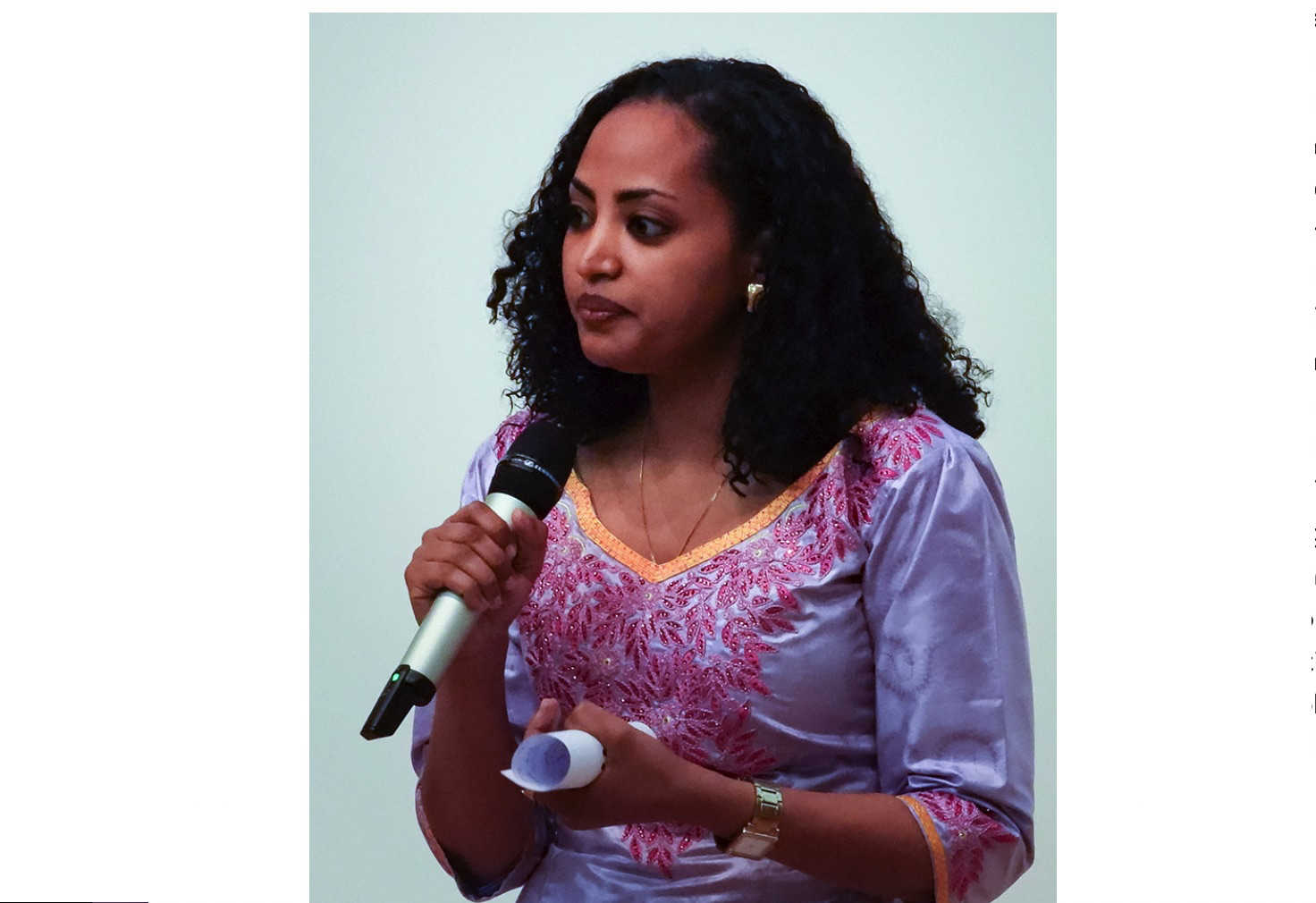. WOMEN’S EQUALITY .
An article from Bamada Net
On the sidelines of the conference-debate on “religions, secularism and citizenship: what are the stakes for Mali? », the new director of Timbuktu Institute-Mali, gave us the first interview since taking office last week. At the head of this research-action structure, advocating the taking into account of endogenous resources and the experimentation of agile approaches in a crisis context, Fatima al-Ansar sets out her vision while launching an “urgent appeal” to all organizations of Malian women working in the field of conflict resolution, mediation and prevention of violent extremism to “unite their efforts within the framework of an inclusive coalition of actors”.

Photo of Fatima Al-Ansar from Peacetalks
The Independent: You have just been appointed to head the Think Tank, Timbuktu Institute, which is an African Center for Peace Studies. What is the scope of the establishment of this structure in Mali, especially as there are a number of other organizations also involved in this issue?
Fatima Al-Ansar: This approach is in line with the conference-debate that we organized on Saturday September 25th. Before the creation of the Timbuktu Institute, when the various actors, national, regional or international met and consulted, they all deplored either the insufficiency of endogenous capacities or their non-development in the search for a solution to conflicts or the prevention of crises in Africa. Considering this delay in these efforts and also the deplorable scarcity of forward thinking frameworks promoting endogenous and inclusive solutions, Timbuktu Institute wants to be a regional instrument capable of compensating for this lack.
(Article continued in right column)
Can the women of Africa lead the continent to peace?
Can a culture of peace be achieved in Africa through local indigenous training and participation?
(Article continued from left column)
L’Indép: So what will be your magic recipe to achieve it when you know others have tried it before you?
F.A: It should be noted that the vocation of the Timbuktu Institute is the training of new generations in innovative methods and approaches in promoting the culture of peace as well as the capacity building of actors who can develop public policies. We look for endogenous dimension of solutions, but this does not prevent us from working with international partners on issues related to peacebuilding and conflict prevention, political violence, identity, even religious, etc. Considering our past rich with inputs from many sources, we believe that approaches are available today that can accelerate our process of reconciliation.
L’Indép: Since the outbreak of the multidimensional crisis in Mali in 2012, we have heard so many declarations of good intentions and wishful thinking. What are your assets in achieving the objectives set, namely the return of peace?
F.A: The difference is that the installation of the Institute in our country coincides with a critical moment, a turning point where we have no choice but to move forward or expose the country to an inextricable crisis in addition to the current difficulties. In fact, in my vision at the head of Timbuktu Institute-Mali, I am campaigning with Mali’s international partners to construct solutions with us that take our concerns into account.
In this spirit of a holistic and inclusive approach, our first program, which will soon be launched, is entitled “The Word to Malians: for reconciliation.” It is fully in line with strategic documents such as the National Reconciliation Strategy and the one on reconciliation and prevention of violent extremism that was recently validated. The failure of nation building strategies in Afghanistan reminds us that we must listen our own people and not impose paradigms devised elsewhere.
L’Indép: In your remarks, you put forward the idea of launching a large coalition of partnerfs engaged research and action for endogenous solutions. What does it consist of?
F.A: You know, there is too much dispersion of precious efforts by the research-action structures and by Malian civil society organizations. More and more, we find a real desire for synergy. The Timbuktu Institute seeks to give substance to this desire for unity which is emerging. After making contact with many of these actors in all regions of Mali, I am starting with my team, next week, a series of meetings with organizations sharing this vision. I think now is the time to act. We must build these synergies to boost inclusive endogenous initiatives, promote them and support them through strategic thinking.
For me, this is not at odds with international cooperation; it is a simple promotion of the solutions that the Malians themselves can offer. I believe much more in this empowerment of thinking about our problems than in the desire to play on international rivalries or import conflicts. The people of Mali and their desire for peace and reconciliation are part of the solution. We need to gather together around the table of solutions and move towards reconciliation. We have the resources if we can cope with political crises. All that is needed is the will.